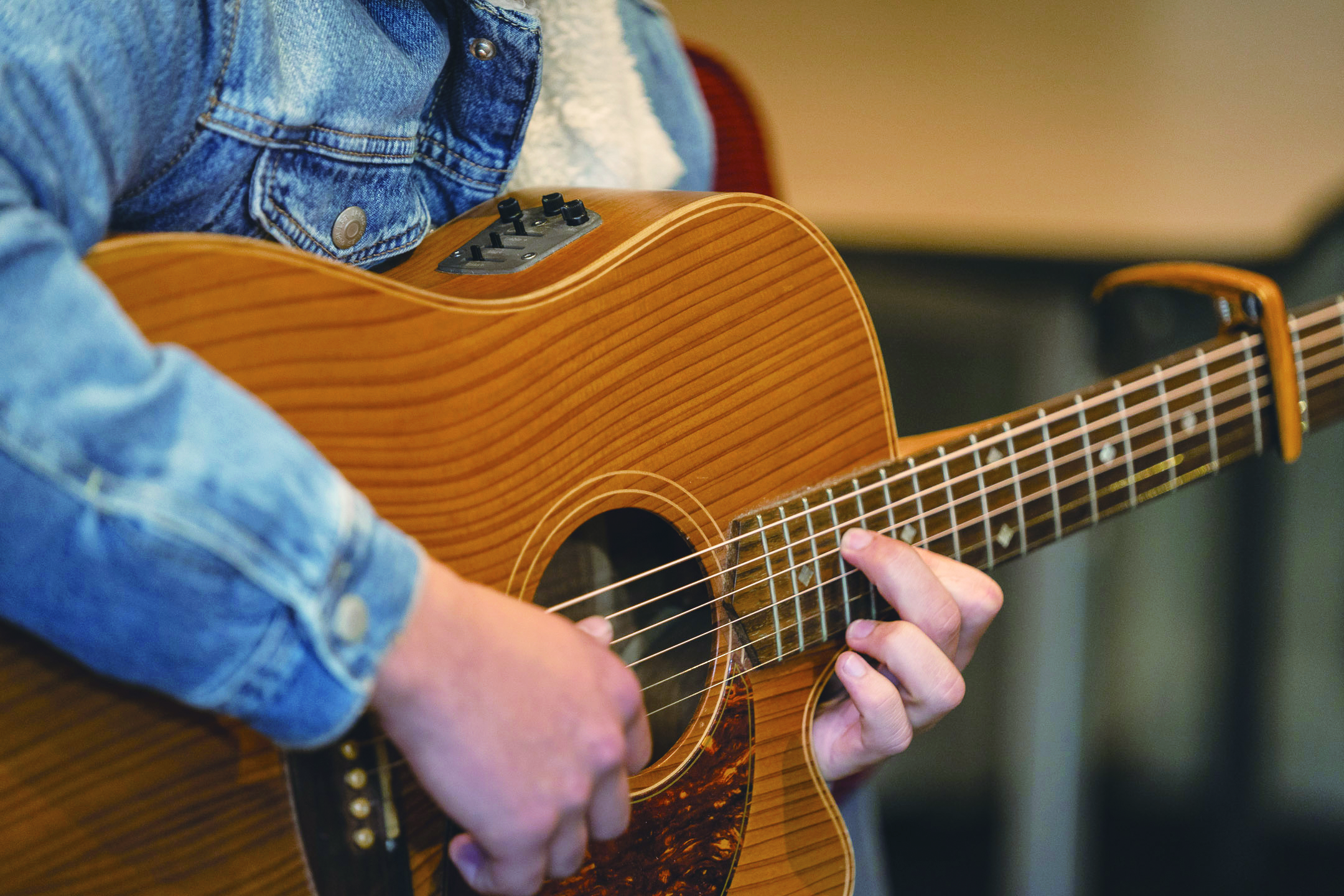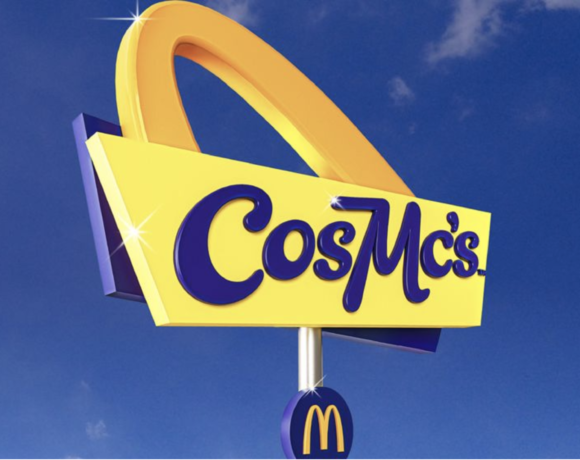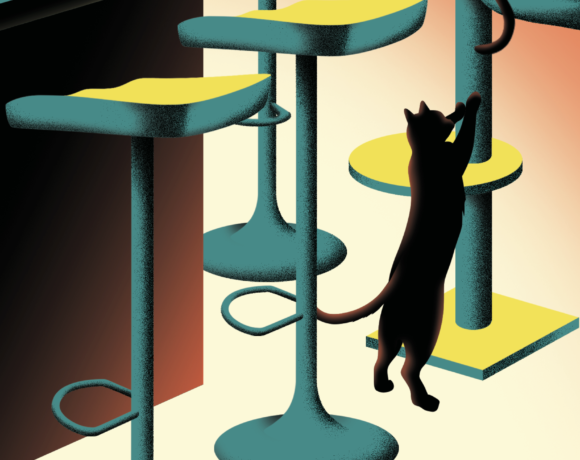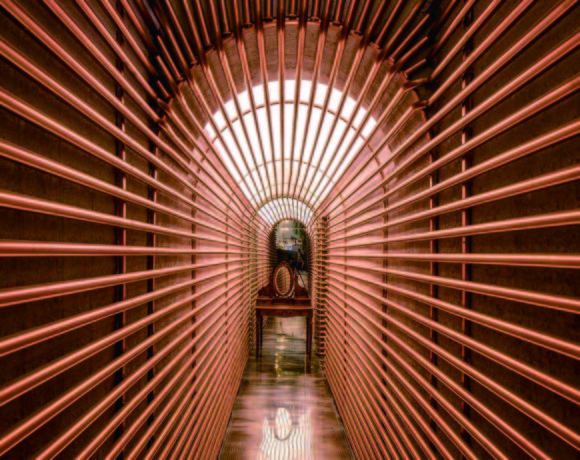The slow sounds of Jazz float in the air, whilst the coffee grinder hums away. The barista hands your coffee across the counter, and as you reach for it, a pop song fills your ears. For many cafe patrons, it’s not only the caffeine hit that can jump start your morning at your local cafe, but the playlist that the cafe has chosen that provides an early morning kick start .
Whenever you hear music played in an Australian cafe there is a music license behind it that pays royalties to the owner of the song. But why do you need a music license to play music in a cafe? It’s an important question – and one you need to know.
For most of the world’s commercially-available music, you can get that permission through a license from a music rights organisation in your country, according to OneMusic.
Publicly playing music that is protected by copyright without permission could be infringing copyright, which is contrary to Australian law.
The Copyright Act 1968 (Cth) (Copyright Act) regulates copyright in Australia in relation to original literary, dramatic, musical and artistic works, and subject matter other than works.
Copyright is also expressed within several international treaties such as the Berne Convention. The Berne Convention was adopted way back in 1886; and deals with the protection of rights of works for the authors of the works.
In Australia, copyright happens automatically. If you’re a songwriter sitting at home, strumming your guitar writing a new ditty; then your ownership or copyright of the song is automated.
Often, there can be numerous people who own the copyright: the lyricist, the musician and more.

Do I need a music license?
In most cases, cafes and restaurants need permission to play music for both their customers and staff.
“Any cafe or business that plays music requires a license to play,” says Catherine Giul iano, Director, General Licensing at APRA AMCOS. “We provide that permission.”
APRA AMCOS consists of Australasian Performing Right Association and Australasian Mechanical Copyright Owners Society, both copyright management organisations or copyright collectives which jointly represent over 100,000 songwriters, composers and music publishers in Australia and New Zealand.
The organisation acts on behalf of the songwriters, and composers they represent with music licenses that provide a revenue stream for the writer.
When an artist’s music is played, they earn royalties for their work and get fairly paid.
So, by having a music license via APRA AMCOS, when you hit play on your playlist in your cafe, the artist is protected and paid for their work. Who wouldn’t want to see their favourite musicians get paid for their work, right?
What was the Berne Convention?
The Berne Convention was developed for the protection of literary and artistic works. It involves three major principals:
- Works originating in one of the Contracting States (that is, works the author of which is a national of such a State or works first published in such a State) must be given the same protection in each of the other Contracting States as the latter grants to the works of its own nationals (principle of “national treatment”)
- Protection must not be conditional upon compliance with any formality (principle of “automatic” protection)
- Protection is independent of the existence of protection in the country of origin of the work (principle of “independence” of protection). If, however, a Contracting State provides for a longer term of protection than the minimum prescribed by the Convention and the work ceases to be protected in the country of origin, protection may be denied once protection in the country of origin ceases.
Playing music in a business is different to playing music at home
Often people wonder why it’s different to play music in a cafe or restaurant than at home. Well, this comes back to copyright. Music is protected by copyright acts. When a cafe plays music of any kind it is to a benefit of the patrons, or customers.
“Music is played by choice of the owner to enhance the vibe,” says Giuliano.
Not only does the playlist enhance the business, it can also have an effect on the customers purchases and habits.
Listening to music can make people eat, or drink more according to studies. Right down to the music tempo can have an effect on meal duration or intake rate, according to this study on the effect of music to eating behaviour.
Many of us choose where to eat and drink based on the ambience or vibe of a cafe, not only the menu.
Cafes serving great coffee in Australia are not hard to come by.
These days, you can easily find coffee beans with varieties such as – but not limited to – Arabica, Robusta, Liberica, and Excelsa, at your local cafe.
For some it may be a coastal vibe that draws you into a cafe, for other it may be a spectacular view, or of course, delicious food and aromatic coffees.
The presence of music is another key ingredient – like the menu, or the decor – that contributes to a cafe’s vibe.
The difference between CDs, radio, live music or playlists?
Walking into a cafe in Perth, Western Australia you can hear music in various forms: radio, playlist, CDs and at times, live music. So, what is the difference between them?
No matter what kind of music is being played, a music license is required. APRA AMCOS offers music licenses for all types of music that a cafe may choose to play.
Recently, here in Australia, I drove to my local hole-in-the-wall cafe. My body and mind were desperate for a caffeine hit before a busy work day.
Rufus du Sol – an Australian dance group from Sydney, that consists of Tyrone Lindqvist, Jon George and James Hunt – was blasting from the miniature speaker that sat on the barista’s counter.
The upbeat music filled my ears, whilst I waited for my coffee order in the morning sunshine. I stood among other customers enjoying the musical sounds that were readying us for the day. The barista cal led out with a chirpy note “long black up for Mikki”; and as I took leave along with my coffee, I also left with an upbeat vibe.
Walking into a lazy Sunday brunch at another time, I was lucky enough to hear the slow sounds of live Jazz fill the air. A man in a coat sat to my left, casually flipping through the newspaper. To my right, friends gathered in close quarters eagerly discussing some topic. As the Jazz band plucked the notes of their instruments, the cafe crowd hummed along with them.
On a drizzling winter’s day, I headed to a drive-thru coffee shop. As I sat in my car, I heard the cafe’s music float across to my car. Pop songs, and top ten songs from commercial radio filled the air. The broadcasters debated current topics.

In Australia, cafe’s can choose live music, radio or a playlist – yet all require a music license.
This is something Giuliano feels strongly about: “If it’s publicly performed, as in the public can hear it – you still need to get a license,” she says.
For every cafe or restaurant experience you have, any form of music played can have an effect on the customers mood, and choices. If I enjoy my time at a cafe, for their ambience I am likely to come back. So, if music played can enhance the profits of a business, there needs to be fair accountability for this.
How to obtain a license or permission
You can get permission to use copyright protected music from the owners directly, and then pay them directly but presumably you don’t have musical icons like Rihanna or Jay-Z’s number on speed dial.
Therefore, you will need to get a music license to play their music by obtaining a music license from a music rights organisation such as AAPRA is the widely used method.
In Australia, before you open a business there are numerous permits and permissions you need to obtain: music license is one of them. If you risked playing without a license, fines may apply due to copyright laws.
The cost of the license varies, and are tailored for each business.
There is a team of licensing representatives that pol ice this: “We have an education process for when we partner with cafes and national bodies. For instance we go to Australian hotels and educate the business on Australian business licensing and how to start new business,” says Giuliano.
So, cafe and restaurant owners won’t be left alone to manage their needs.
Next time you head to your favourite cafe, take a listen to the sounds. Likely, the business owner has made a decision on what music you are hearing. Whilst you bop your head along to whatever beat you hear, that artist will be fairly paid.













NO COMMENT